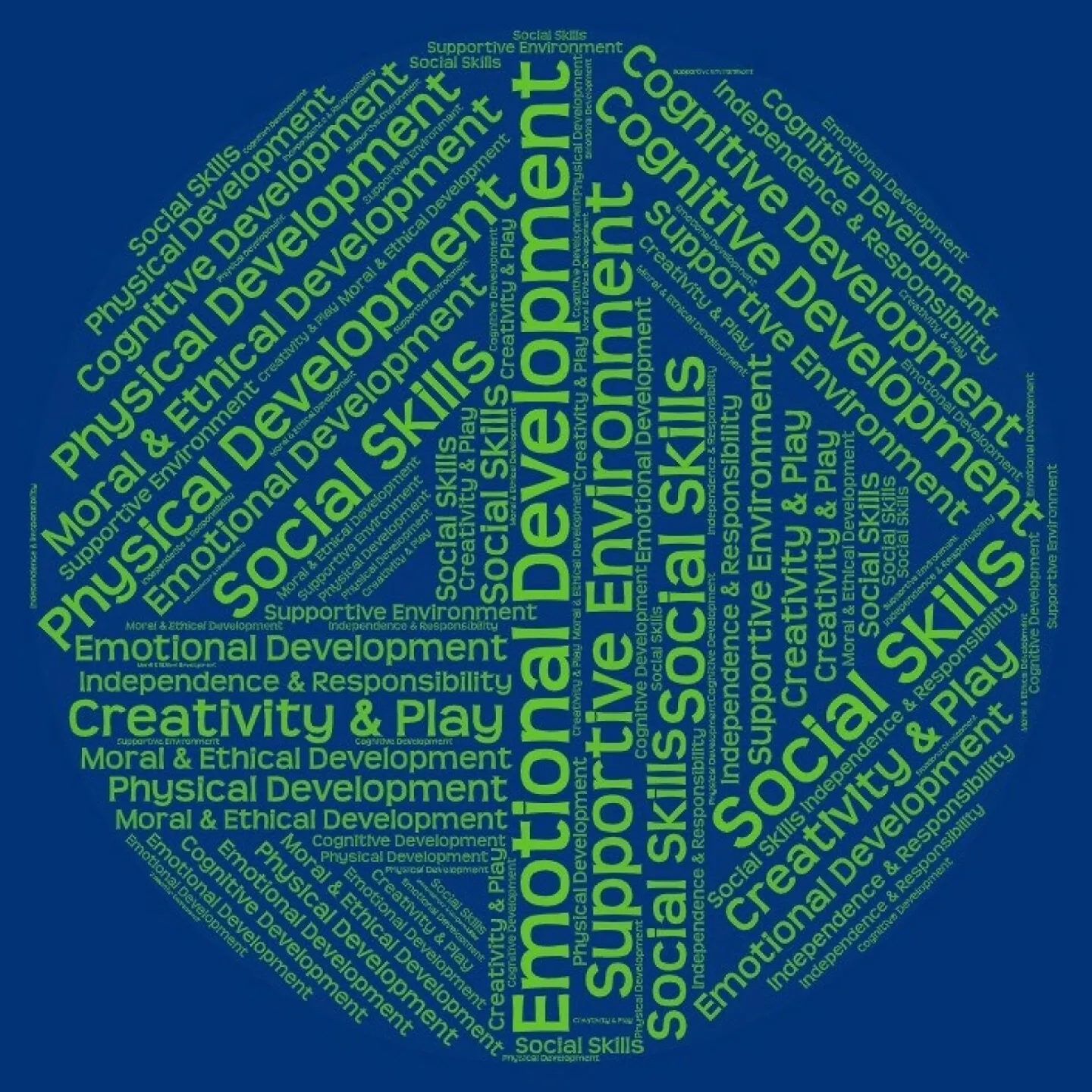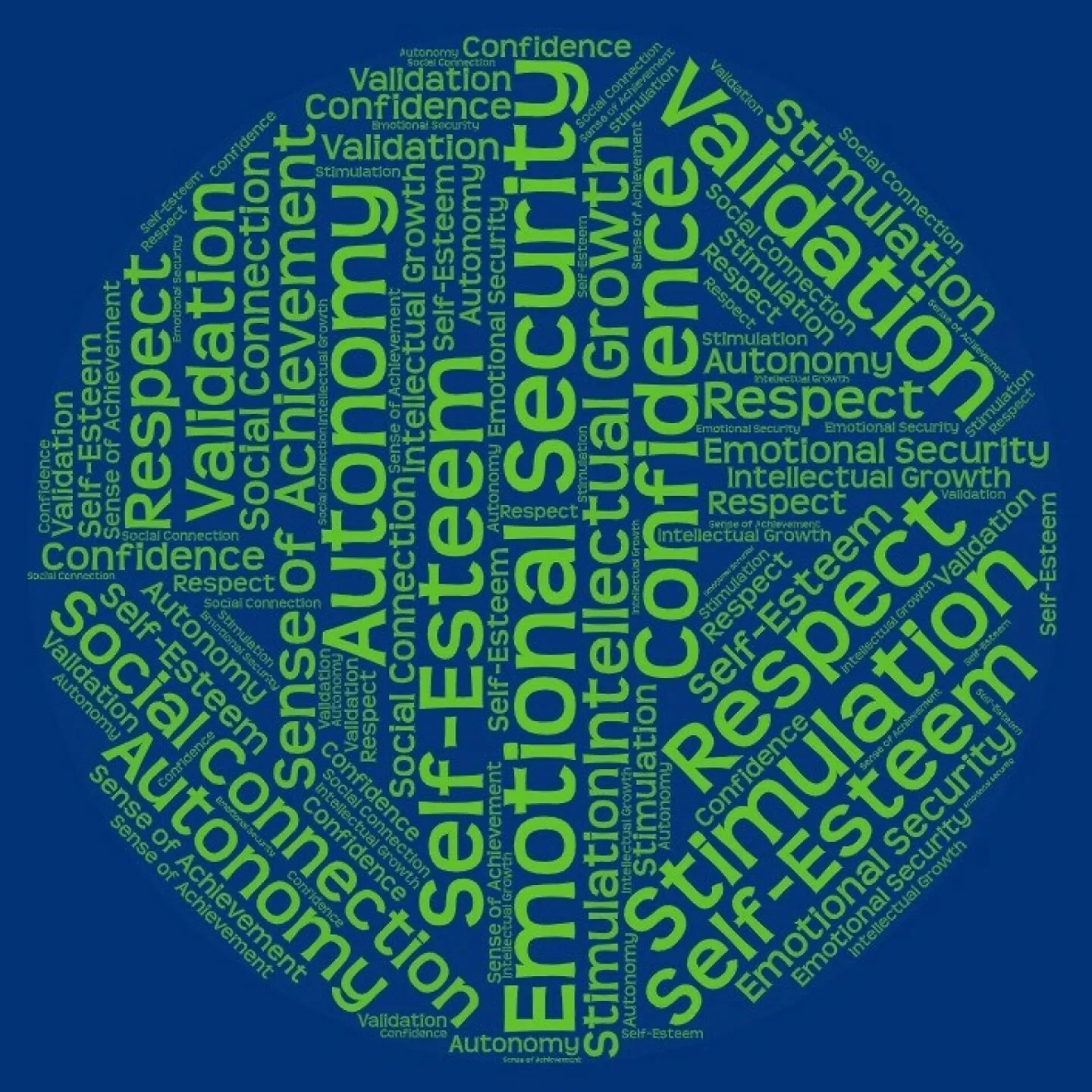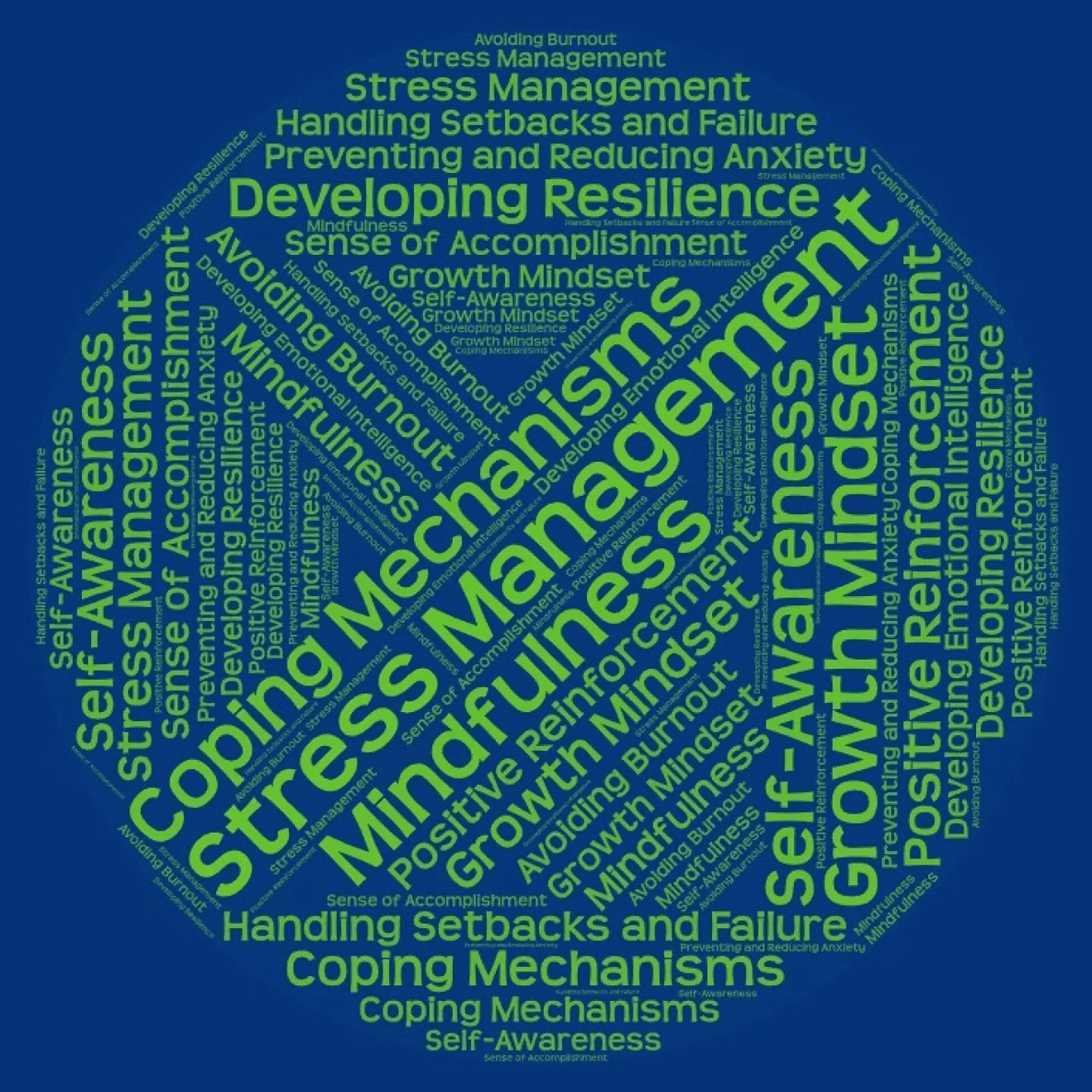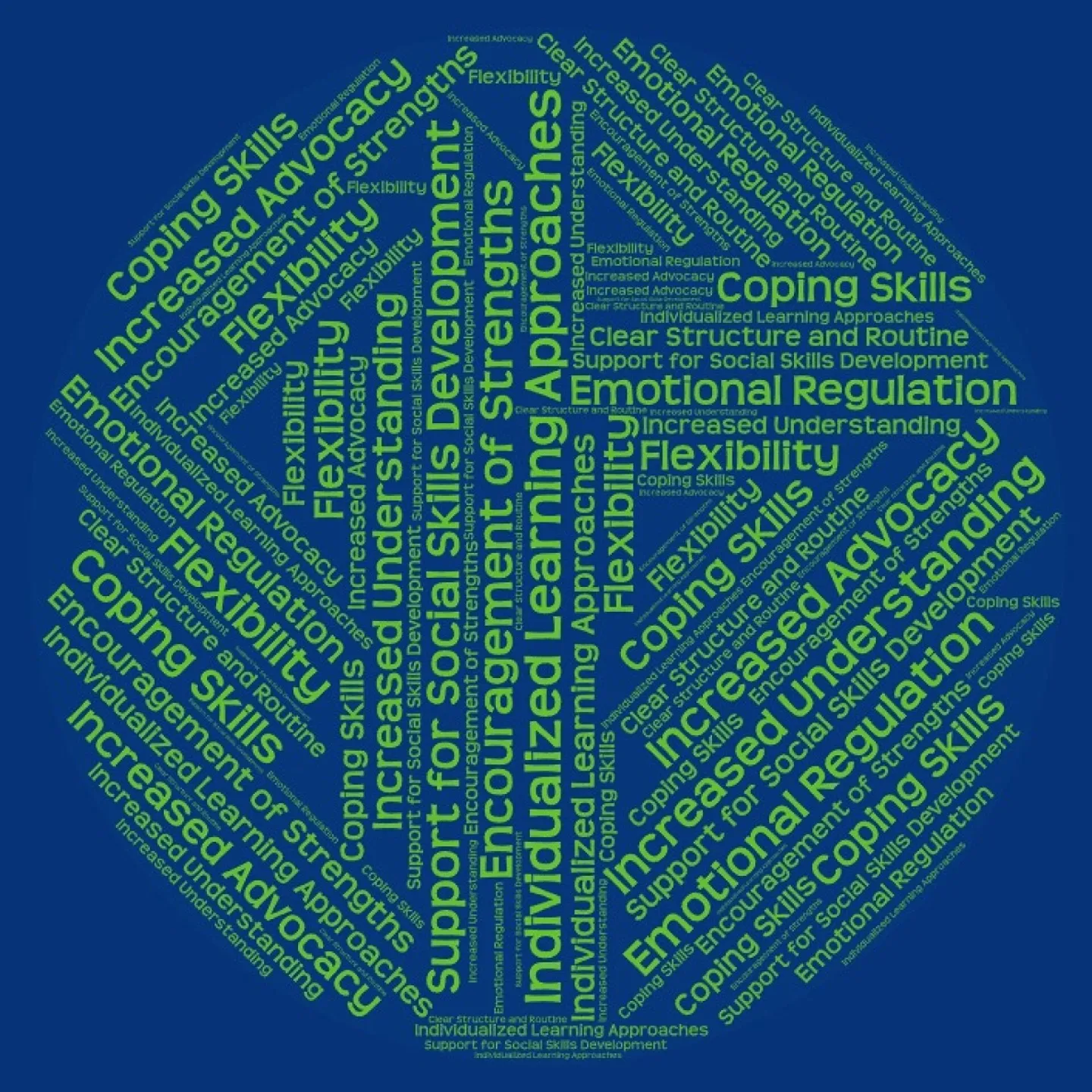
Children’s personal development needs encompass a wide range of emotional, social, cognitive, and physical aspects that contribute to their overall well-being and growth. These needs include the development of emotional intelligence, such as the ability to recognise and manage emotions, build self-confidence, and form healthy relationships with others. Socially, children need opportunities to develop communication skills, empathy, and the ability to work collaboratively in groups. Cognitively, they require stimulating environments that encourage curiosity, problem-solving, and critical thinking. Additionally, children need a sense of structure, routine, and boundaries to foster security, along with support for physical health through active play and balanced nutrition. Meeting these needs helps children build resilience, independence, and a positive self-image, which are crucial for their long-term development.

Children's social-emotional development needs are centred around learning how to understand, express, and manage their emotions in a healthy way, while also developing positive relationships with others. They require guidance in recognising and naming their emotions, as well as strategies to cope with feelings like frustration, sadness, or excitement. Socially, children need opportunities to build empathy, practice sharing, turn-taking, and effective communication, as well as the skills to resolve conflicts and navigate group dynamics. The need for a supportive environment where they feel secure, valued, and understood is essential for developing self-esteem and confidence. Meeting these social-emotional needs helps children build resilience, emotional regulation, and a strong sense of self, which are crucial for their interactions with peers, family, and the wider world.

Children's psychological development needs focus on the growth of their cognitive and behavioural abilities, enabling them to understand and interact with the world around them. They require stimulating environments that encourage curiosity, exploration, and critical thinking, helping them develop problem-solving skills and the ability to process information. Additionally, children need opportunities to practise self-regulation, decision-making, and independence, which are key to building confidence in their abilities. Supportive guidance and structure help children develop a strong sense of self and learn appropriate social behaviours, laying the groundwork for future learning and adaptation in various life situations.

Children's educational psychological development needs involve the growth of cognitive skills essential for learning, such as attention, memory, problem-solving, and critical thinking. They require an environment that stimulates curiosity and encourages active engagement with new ideas and concepts. Additionally, children need support in developing effective learning strategies, such as organisation, time management, and goal-setting, which help them manage their academic tasks. A key aspect of their educational development is the need for guidance in building persistence, resilience, and self-motivation, which are vital for overcoming challenges and staying engaged with their studies. Meeting these needs helps children develop a positive attitude towards learning and equips them with the skills necessary for academic success and lifelong learning.

Children's mental health needs focus on fostering emotional well-being, resilience, and the ability to cope with life's challenges. They require support in expressing their thoughts and feelings, as well as developing healthy coping strategies for stress, anxiety, or difficult situations. Children also need guidance in building self-esteem and positive self-worth, helping them navigate peer relationships and social pressures. Early intervention and consistent support are crucial in identifying and addressing any signs of mental health concerns, ensuring that children develop the emotional tools to maintain balance and thrive. By meeting these needs, children can build strong foundations for their mental well-being as they grow and face new challenges.

Children’s neurodiversity needs focus on recognising and supporting the unique ways in which their brains process information, learn, and interact with the world. These children may have conditions such as autism, ADHD, dyslexia, or other neurological differences that affect their thinking, behaviour, or sensory experiences. They require strategies to help them manage challenges and access learning in a way that suits their individual strengths and needs. This might include structured routines to provide clarity and support. Children with neurodiverse needs also benefit from fostering self-acceptance, social skills development, and strategies for emotional regulation, helping them to feel confident and capable in navigating their environment. Meeting these needs ensures that neurodiverse children are included, understood, and given the tools to succeed in all areas of life.

Children's challenging behaviour needs revolve around understanding and addressing the underlying causes of difficult behaviours such as aggression, defiance, or withdrawal. These behaviours may stem from factors such as unmet emotional needs, communication difficulties, trauma, or developmental conditions. Children displaying challenging behaviours require consistent support in learning how to express their emotions and needs in appropriate ways, as well as strategies for managing frustration, anger, or anxiety. They benefit from clear boundaries, positive reinforcement, and personalised interventions that encourage the development of social skills, self-regulation, and coping mechanisms. Meeting these needs helps children build better emotional control, improve their relationships, and foster more positive behaviours in various settings.

